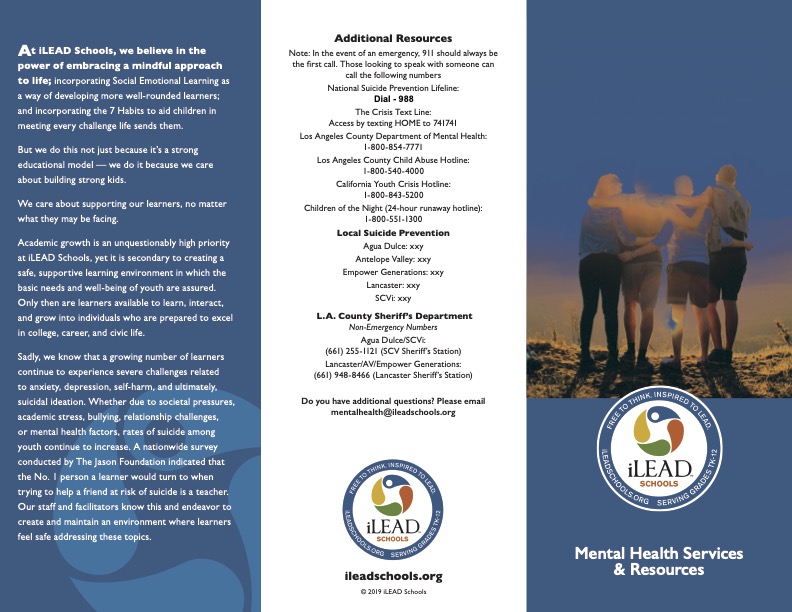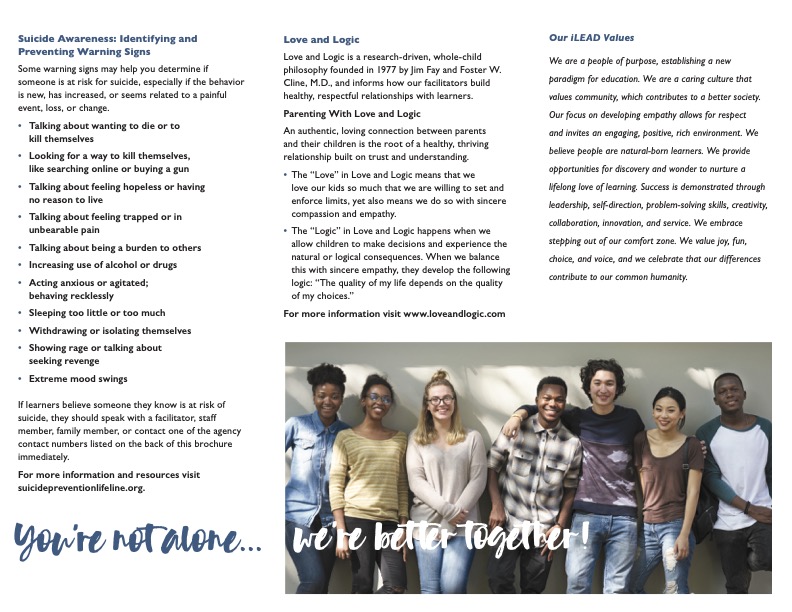World Kindness Week takes place the week of November 13th, with the 13th being a specific day to celebrate kindness. We encourage you to participate in acts of kindness that week, and all throughout the month of November! Our staff has compiled a list of great books along the lines of kindness for each grade range. Check it out here! (Click the pictures to open up Read Aloud videos for each book).
Category: Student Support
How Do Readers Develop?
While milestones most certainly vary from child to child, there are certain landmarks of developing readers as well as ways parents and adults can foster these developing skills. Take a look at this chart below.
| Age | Typical Reading Milestone | Activities to Support Milestones |
| 6 months | At this stage, a child begins to initiate speech sounds and can develop an interest in picture books. | Talk with your child, read books with various faces, objects, and animals to your child. |
| 1 year | At this age, a child begins to understand several simple phrases and has short words or utterances. | Have “conversations” with your child at this stage. Begin to read interactive books. |
| 2 years | A child typically has 250-350 words at this age. Children can hold books and look at pictures. | This is a great time to begin reading and reciting nursery rhymes. Get your child engaged by having them pick out books to read. |
| 3 years | A child typically has 800-1,000 words and can repeat common rhymes. | Begin pointing at pictures and words as you read with your child. Play games that involve rhyming. |
| 4 years | At this stage, a child begins using long sentences. Children can rhyme and play with various words. | Introduce new vocabulary when reading and in everyday situations. |
| 5 years | A child typically has 3,000-5,000 words and begins to match letters with sounds. At this stage a child can speak with complex and compound sentences. | Begin to call attention to letters and signs. Talk about letter sounds when driving around, walking through the grocery store, and simple words around the house. |
| 6 years | A child begins to read words and pages and makes predictions using background knowledge. | Have various high-interest books, both fiction and non-fiction, to allow for choice and opportunities to read. Visit libraries. |
| 7 years | A child is now reading words automatically and expanding knowledge by reading and listening to words. | This is a time to encourage reading and rereading books. Limit screen time to encourage reading. |
| 8-9 years | Learners transform from learning to read to reading to learn. They can read chapter books and are learning thousands of new words a year. | Encourage and establish an independent reading time throughout daily schedules. |

El Dorado Charter SELPA Community Advisory Committee
The El Dorado Charter SELPA’s Community Advisory Committee (CAC) is a dynamic, collaborative partnership comprised of educators, parents/guardians, and community members. The CAC provides an opportunity for members to be involved and provide input to the Charter SELPA regarding the Special Education Local Plan, annual priorities, parent/guardian education, and other special education-related activities. The CAC holds three meetings annually to support topics of interest to families of children and young adults with disabilities.
El Comité asesor comunitario de El Dorado Chárter SELPA es una asociación dinámica y colaborativa compuesta por educadores, padres/tutores y miembros de la comunidad. El CAC brinda una oportunidad para que los miembros se involucren y proporcionen ideas al Chárter SELPA con respecto al Plan Local de Educación Especial, las prioridades anuales, la educación para padres/tutores y otras actividades relacionadas con la educación especial. El CAC lleva a cabo tres reuniones anualmente para apoyar temas de interés para las familias de niños y jóvenes con discapacidades.
Why Join the CAC?
¿Por qué unirse al CAC?
Assist in building relationships and communication between schools, parents/guardians and related agencies.
Encourage community and parental/guardian involvement in the review of the Special Education Local Plan.
Provide families an opportunity to share resources and support within their school and community.
Asistir en el desarrollo de relaciones y comunicación entre las escuelas, los padres/tutores y las agencias relacionadas.
Fomentar la participación de la comunidad y de los padres/tutores en la revisión del Plan Local de Educación Especial.
Brindar a las familias una oportunidad para compartir recursos y apoyo dentro de su escuela y comunidad.
Meeting Dates
Fechas de las reuniones
October 4, 2022 | 4 de octubre de 2022
January 24, 2023 | 24 de enero de 2023
March 28, 2023 | 28 de marzo de 2023
4:00 PM – 5:00 PM
Click on the link below to view more information on the
Parent Resources portion of the El Dorado Charter SELPA website.
Puede encontrar más información en la porción de Recursos para padres de nuestro sitio web


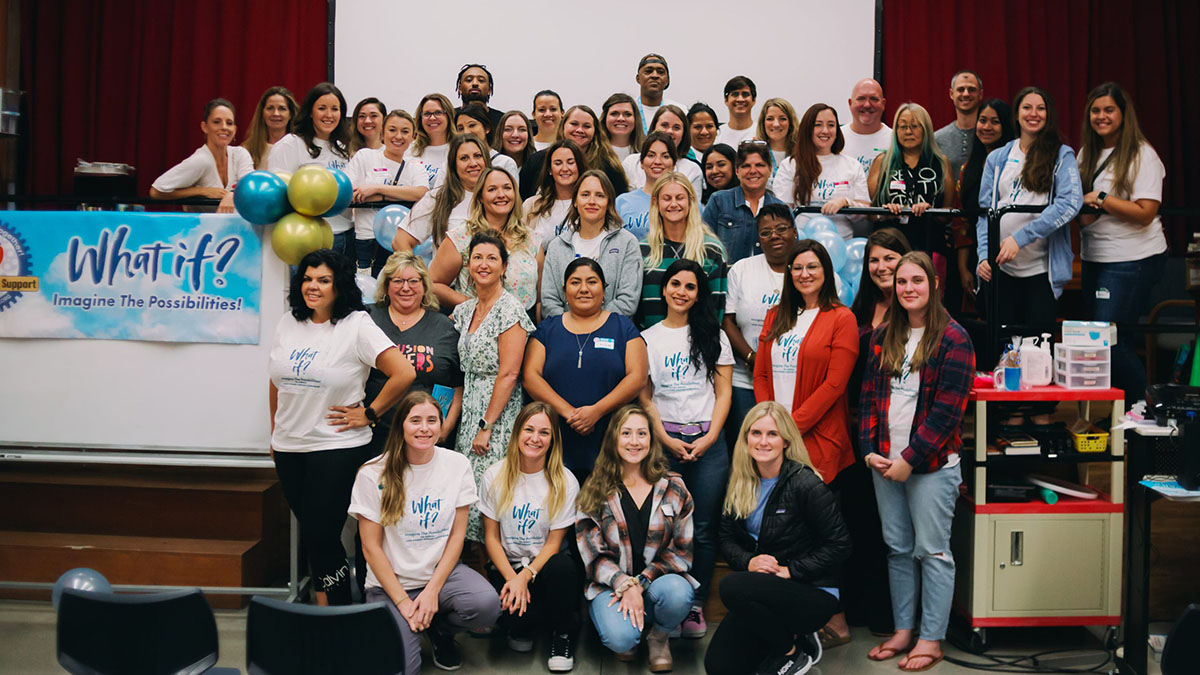
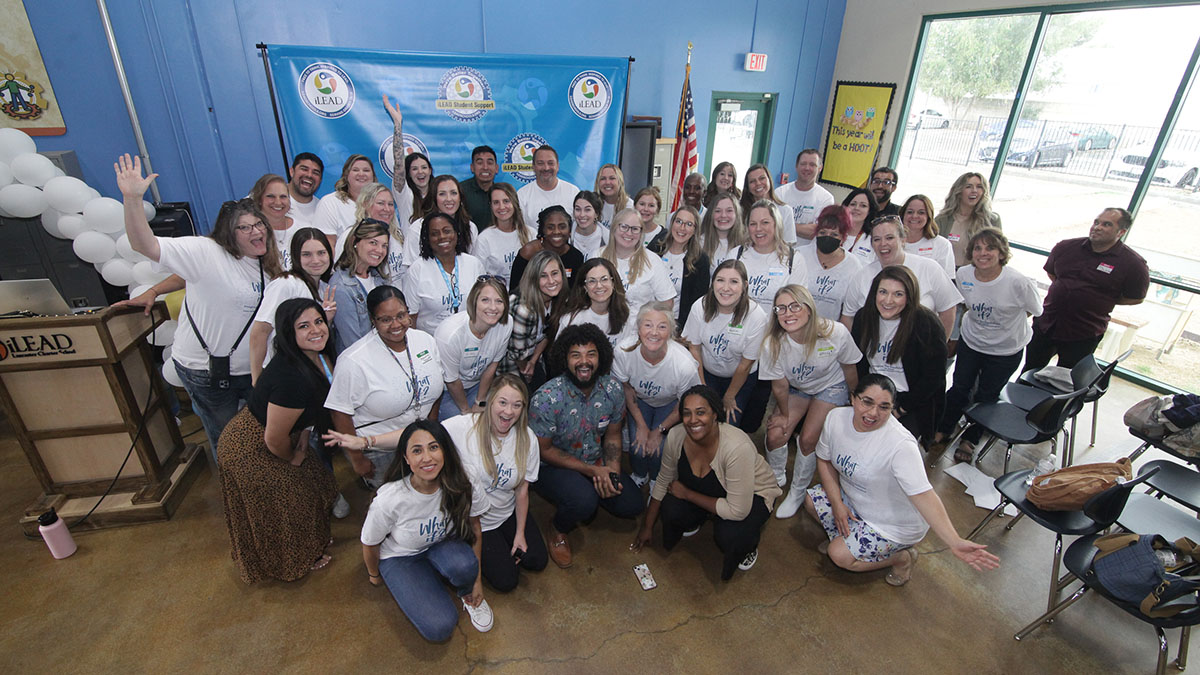
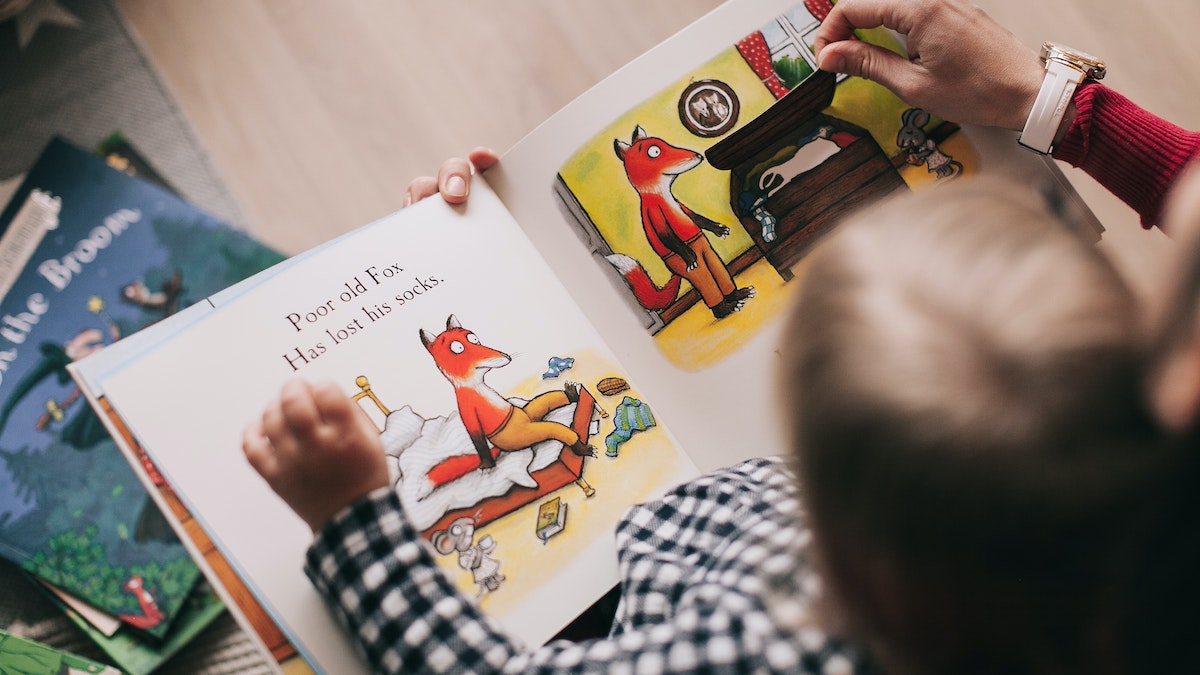

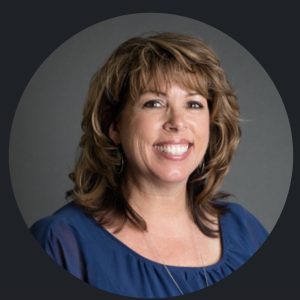

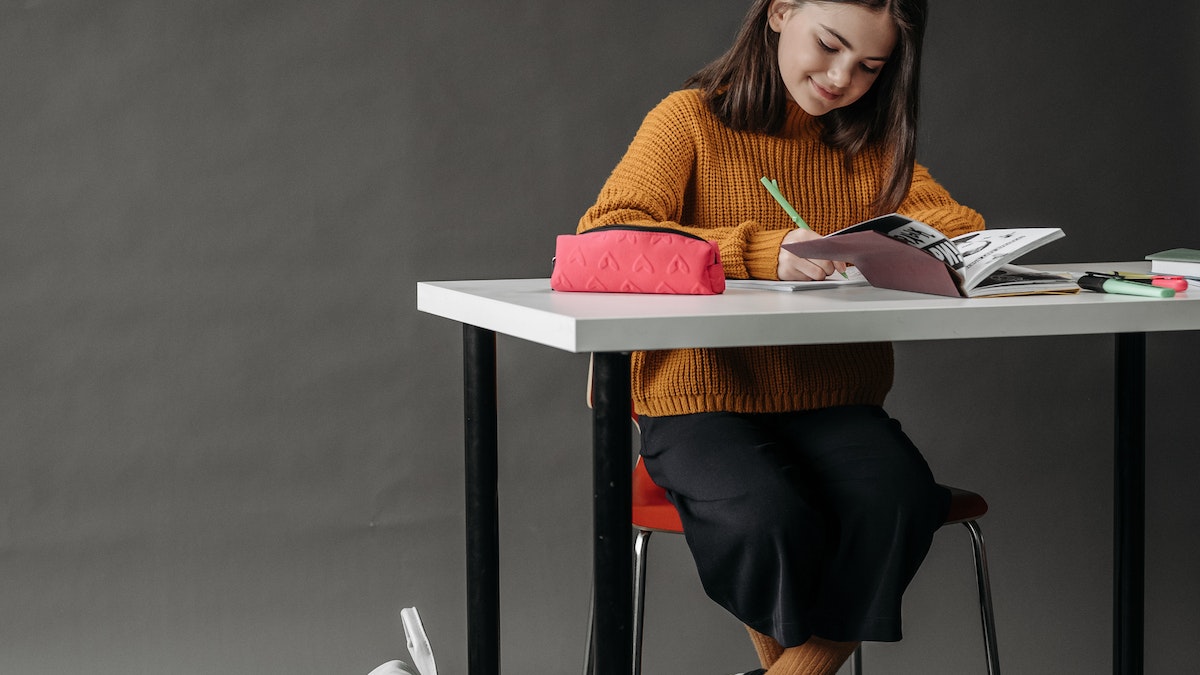
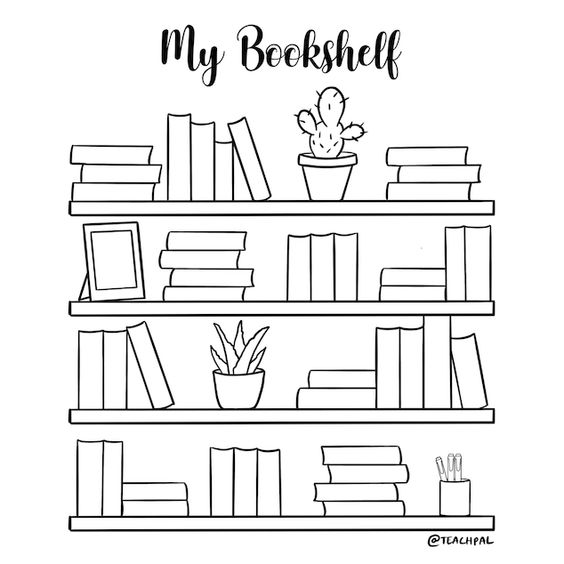
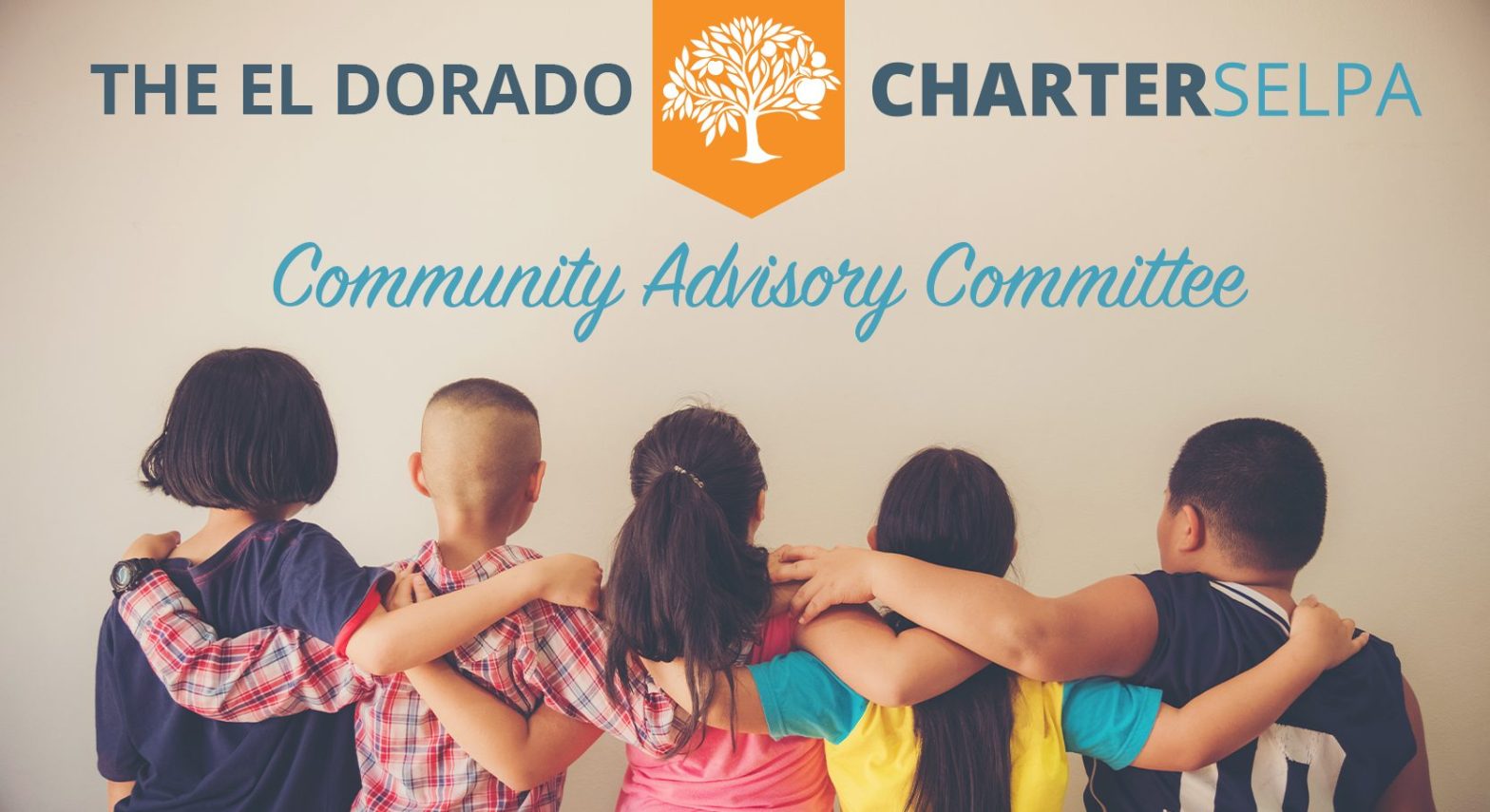


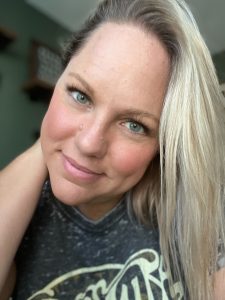 Laura Mattie
Laura Mattie

